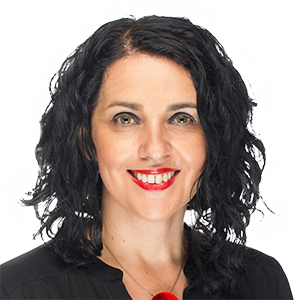This article was originally published by RenewEconomy and is reproduced with permission. Read full article
by Giles Parkinson, Editor of RenewEconomy
Brisbane-based electric vehicle charging and battery storage technology company Tritium has been one of Australia’s major clean-tech success stories.
Established just 10 years ago, its products are already operational on every continent around the world (including Antarctica), but Tritium’s best selling export has been its award-winning Veefil 50kW DC fast charger, launched in 2013.
The Veefil charging system can charge an EV 20 times faster than plugging it into the wall at home, adding up to 50km range to its battery in just 10 minutes. It is now recognised globally as the most technologically advanced fast charging technology on the market, and is helping to remove one of the key barriers to EV uptake – range anxiety.
Since its launch, the Veefil is being installed in pioneering EV fast-charging networks in the US, Europe and Australia – the latter via the Fast Cities Network initiative, to create Australia’s largest “electric super highway”.
The Fast Cities Network will see 12 Veefil fast chargers installed at points strategically located along 430km of highway in Queensland’s south-east, offering super-fast charging for drivers of pure electric and hybrid vehicles, and making EV ownership a more attractive option in the region.
In the US, Tritium last year secured a major deal to supply the Veefil to California-based ChargePoint, which already has a network of more than 21,000 EV chargers around the US.
For Tritium CEO David Finn, the deal with ChargePoint was an entree into an advanced and dynamic EV market.
“ChargePoint approached us because it was attracted by both the design and unique technology of the Veefil, plus the fact that it is extremely simple for the EV owner to use,” Finn says.
Finn says he is also excited by the way battery technology, vehicle technology and the charging technology are becoming aligned.
“Particularly the range of vehicle offerings,” he adds. “Once you see that progression of vehicles, you’ll being to see Australia’s (EV) market open up.”
In May, Tritium shipped 23 Veefil 50kW DC fast chargers to NZ as the first instalment of a major order placed by Charge.net.nz, as part of a three-year project to establish a network of fast chargers across the country.
Back home in Australia, it is in the process of building the fast-charge network on the Queensland’s coast, installing the first public Veefil station at a BMW dealership in Brisbane’s Fortitude Valley in February.
It is hoping the project will attract support from other Australian companies and organisations and kick-start greater awareness of the benefits of EV ownership.
“We are launching this initiative as a global demonstration of how to operate and run a fast-charging EV network beyond just one population centre,” Finn says. “EVs are coming and it’s something councils around the world need to deal with. We want them to be looking to Queensland to see how a great intercity charging network can be operated.”



